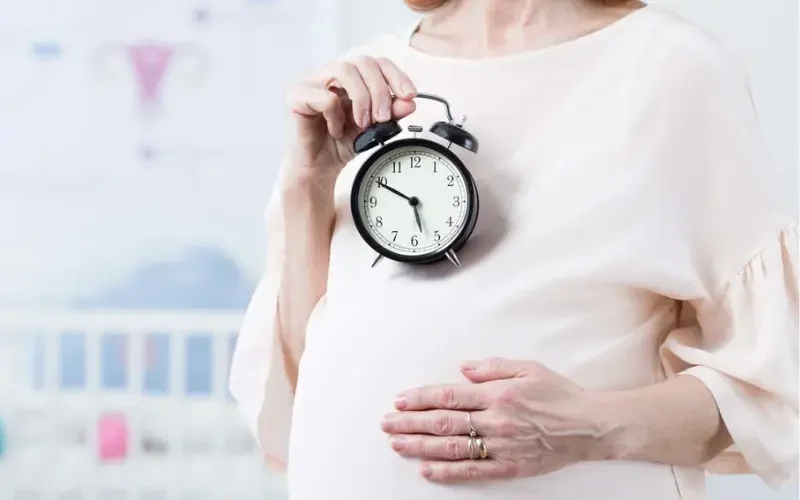Fertility is a dynamic aspect of health that changes over time for both men and women. Understanding how age impacts fertility can help couples make informed decisions about family planning and seek timely medical advice if necessary.
Female Fertility and Age
Women’s fertility is closely linked to their age. Here’s how:
- Egg Quantity and Quality:
- At birth, females have approximately 1 to 2 million eggs. By puberty, this number drops to around 300,000, and by the time they reach their mid-30s, the number of viable eggs significantly declines.
- Not only does the quantity decrease, but the quality of the eggs also diminishes over time. This decline in quality increases the risk of chromosomal abnormalities, leading to higher chances of miscarriage and conditions such as Down syndrome.
- Ovulation Frequency:
- Regular ovulation cycles become less consistent as women age. Irregular cycles can make it harder to predict fertile windows, complicating efforts to conceive naturally.
- Menopause:
- Menopause typically occurs between ages 45 and 55, marking the end of a woman’s reproductive years. The transition period, known as perimenopause, can begin several years earlier, during which fertility gradually decreases.
Male Fertility and Age
While men do not experience a dramatic drop in fertility like women, age still plays a significant role:
- Sperm Quality:
- Sperm quality, including motility (the ability to move) and morphology (shape), tends to decline with age. This can result in a longer time to conceive and a higher risk of miscarriage.
- Sperm DNA Integrity:
- With increasing age, sperm are more likely to exhibit DNA fragmentation. This can impact the success rates of conception and lead to higher chances of genetic mutations, which are linked to conditions such as autism and schizophrenia in offspring.
- Hormonal Changes:
- Testosterone levels decrease with age, affecting libido and overall sexual health. This can indirectly impact fertility by reducing the frequency of intercourse.
Implications for Couples
- Time to Conception:
- Couples where the woman is over 35 or the man is over 40 may experience longer times to conceive. It’s recommended that couples in this age group seek advice from a reproductive endocrinologist if they have been trying to conceive for six months without success.
- Advanced Fertility Treatments:
- Assisted reproductive technologies (ART), such as in vitro fertilization (IVF) and egg or sperm donation, can help mitigate age-related fertility issues. Preimplantation genetic testing (PGT) can also be used to select embryos with the best chance of leading to a successful pregnancy.
- Healthy Lifestyle Choices:
- Maintaining a healthy lifestyle can positively impact fertility. This includes a balanced diet, regular exercise, avoiding smoking and excessive alcohol consumption, and managing stress.
Conclusion
While age undoubtedly affects fertility, understanding these changes allows individuals and couples to take proactive steps. Whether through lifestyle adjustments, seeking medical advice early, or exploring fertility treatments, there are various strategies to navigate age-related fertility challenges. By staying informed and seeking appropriate care, couples can enhance their chances of achieving a healthy pregnancy.






